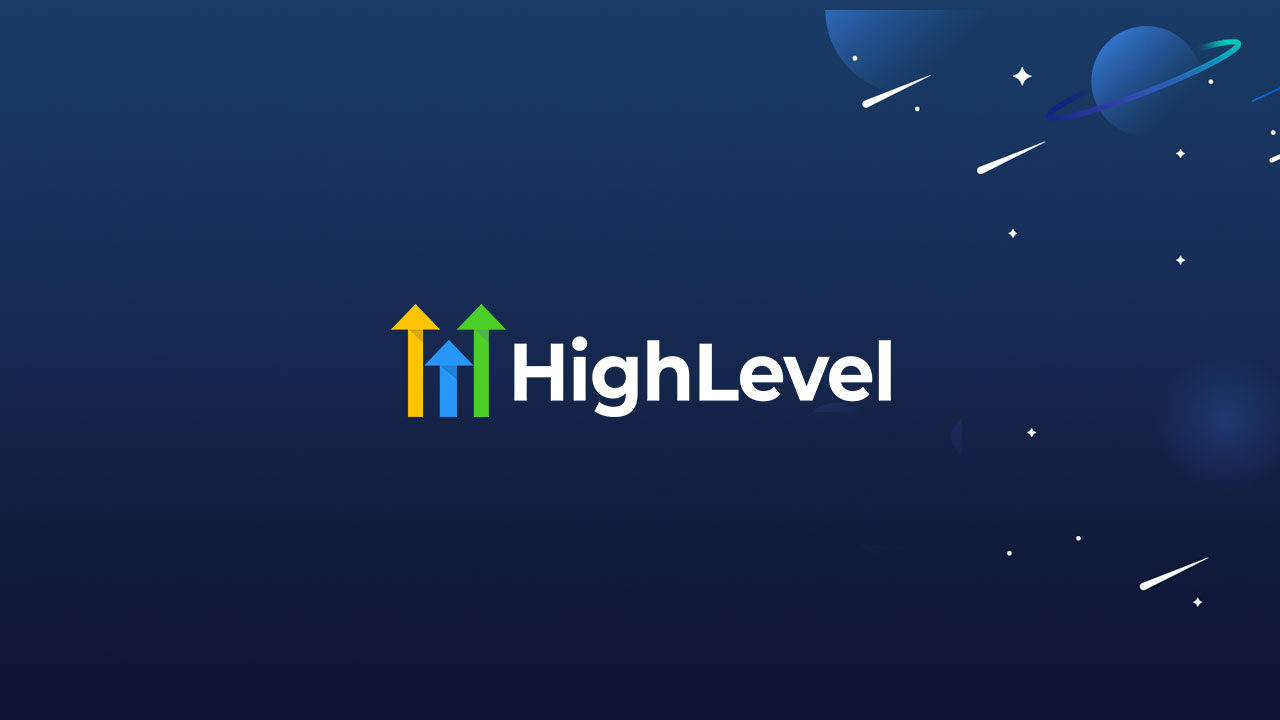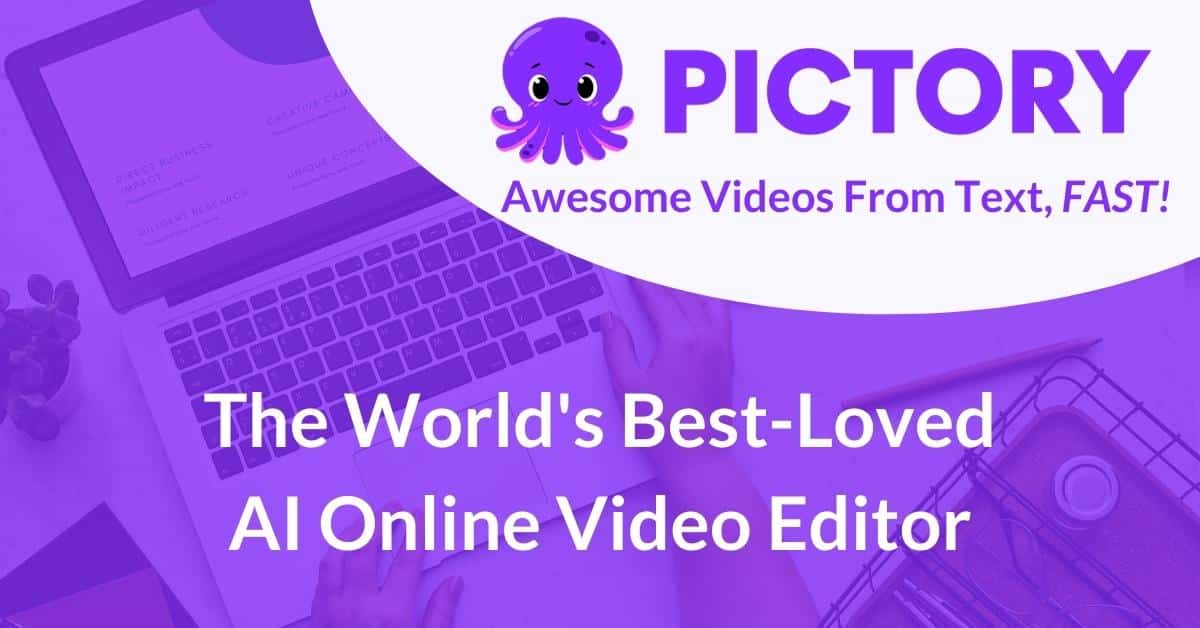- Ark's Newsletter
- Posts
- How to Build Your Website in 2024 (No Tech Skills Needed)
How to Build Your Website in 2024 (No Tech Skills Needed)
Building Your Website: A Comprehensive Guide to No-Code Options


So you may or may not remember the time when building a website felt like learning a new language. I definitely do because I built my first website back in 2009, and I remember the frustrations of trying to learn coding languages and explore hosting options while making my site look as presentable as possible online. I had just started working then, so I didn't have the budget to pay thousands to a website developer to help me make my website look great.
But the thing is, the good news for you is that now there are so many great options out there to actually build a website without learning any coding. And I think there are almost too many options available, which can become a bit overwhelming. So, in this video, I'm going to break down the different options that you have depending on your current situation. I've been in several different situations in the past where I was building my website as a personal brand, as a professional looking to build my career, and then as a business owner learning the ropes of building a freelancing consulting business and ultimately creating the digital training business I have today. Lastly, I'll discuss becoming a content creator and how to position yourself on an online website.
I did a survey on Instagram a few weeks ago, and surprisingly, over 30% of you don't have a website. So, do you even need a website then? Well, in my opinion, a website can be really useful because I believe in owning your home on the internet. If you're relying on Instagram, LinkedIn, YouTube, or any social media accounts to get your content in front of people or sell things, what happens if your account gets hacked or the algorithm changes? You could lose the reach you used to have to get your content to the right people. This can affect your followers seeing your stuff, and all the hard work you put in to build a following could be lost overnight if your social media accounts go down.
As someone who wasn't professional, was building my own corporate career, and then eventually became a business owner selling my own products and services, and now a content creator on YouTube, I think having a website is crucial. If you're a working professional, having a website is probably the number one asset for building your personal brand. I guarantee that ahead of every possible meeting with a new employer or client, they will look you up online. So, you want to make sure you look as presentable virtually as you do in person.
For businesses selling products or services, a website is your online portal where people can visit and buy from you 24/7. The best part is that when people search for you on Google using key terms related to your business, they can find you. If you also wear the content creator hat, you might be tempted not to have a website because of your existing social media presence. However, a website gives you complete control over your audience and content. As a marketer, I can't stress enough how important this is. Plus, having a website allows you to add additional income streams like affiliate marketing and selling your own products once you've built a following.
If you're excited to get started with your website, make sure it's compliant with privacy laws. Ensure there's a cookie banner that pops up on your website for user consent before collecting their personal information. While this isn't legal advice, it's important to get users' consent as part of your website's marketing strategies. Cookie Bar is a consent management platform that helps with this, ensuring data compliance, improving the user experience, and protecting you from privacy violations and fines. It's easy to use and comes ready-to-use out of the box, saving you time. Used on over 2 million websites and apps in over 180 countries, it helps comply with cookie and online tracking use. You can try it for free with a flexible plan that grows with your website and business.
For bloggers, podcasters, YouTubers, or writers, your main goal is likely to get your content in front of more people and create a home for all your content online. Wix is a beginner-friendly platform with drag-and-drop websites and content-focused templates. I wish I had this when I was starting out because it's well designed and professional-looking from the get-go. Framer is another option with a modern, sleek design and fast-loading websites. Although it's no-code, it has a steeper learning curve than Wix, so it's suitable for those with some web design background or technical savvy.
WordPress is probably the most common option for building a website. It's what I started with and still use today due to its endless customization options, plugins, and templates. While it doesn't require coding, it has many nuances and a learning curve. When I first started, my site had bare bones, but with time, I learned to use more of its features. Choose a site-building tool you're happy with and stick with it in the short term; you can always upgrade later.
Website hosting is crucial. If you want a customized domain like LoriWang.com, you need to host it somewhere. I use SiteGround after switching from another hosting company because my site was constantly down. As someone who relies on my website for my online presence and business, downtime is unacceptable. SiteGround has a track record of almost 99% uptime, which is fantastic. Check them out using the link in the description below.
If you're a business wanting to sell more products and services, I use Kajabi to sell my digital downloads and courses. It's great for building an entire business on one website, where people can log in to access the content they paid for. For physical product sales, Shopify is excellent, offering everything from simple product links to fully integrated online stores. Squarespace is also a great contender with clean layouts, various templates, and integrated payment options like Squarespace Payments, Stripe, and PayPal.
For building a personal brand, Card is a great place to start with simple, one-page landing websites that can evolve into more complex sites with more information about you. You can link to your social media profiles and other online presences. I started with a personal website that evolved into the business I have today by posting content regularly.
Now that you've seen the different website builders available based on your situation and that don't require coding, try them out to see which one you prefer. Once you pick a platform, stick with it to avoid wasting time switching between options. Focus on doing the best you can now and tweak along the way. Here are some other videos to help you get your website ranked on the first page of Google. If you found this video helpful, hit the subscribe button for more content like this. Thanks for watching, and I'll see you in the next video.








